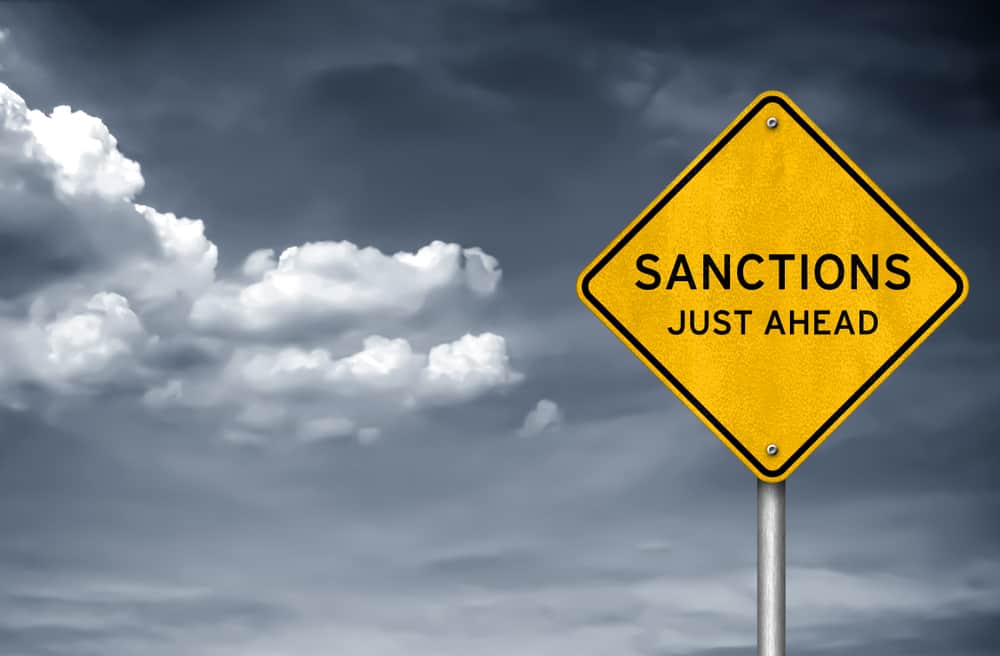In 2018, “tariff” was one of the most-repeated words in global economic news.
In addition to tariffs, there are other ways to implement restrictions on foreign trade. Different types of trade barriers, other than tariffs, are available, and from time to time are used as as a sanction against other countries. These types of trade barriers are quotas, subsidies, or embargoes.
Quotas: An Overview
A quota is a type of trade barrier that sets limits on the quantity or value of goods that can be imported or exported within a given period of time.
An import quota is a limit on the amount of goods that can be imported from a country. For example, if imported goods affect a country’s trade deficit, that country’s government might implement an import quota to support domestic manufacturers. An export quota is a limit on the amount of goods that can be exported from a country.
Governments can apply export limits for a couple of reasons:
- Due to a shortage of goods in domestic markets.
- To prevent price manipulation in international markets.
- To limit trade for strategically-important goods.
Producers are the beneficiaries of quotas in an economy that’s looking to fulfill consumer demand of goods while maintaining trade equilibrium. Sometimes, importing countries demand that exporting countries apply voluntary export restraints.
Subsidies: An Overview
A subsidy is government-backed financial aid that supports consumers or suppliers economically and socially.
There are many ways that these subsidies can be applied. For example, a few different types of subsidies are loans with no return or low interest rates, tax exemptions, and support purchasing/selling import goods or export goods.
In most developing countries, governments usually support sectors such as agriculture or those with mass-scale production.
Embargoes: An Overview
An embargo is similar to other economic sanctions, but is usually more powerful and can result in undesirable consequences.
Economic restrictions have domestic and international aims. And, in addition to affecting economic circumstances, they also be used in political and social circumstances.
An embargo is the partial or complete prohibition of commerce and trade with a particular country, state, or a group of countries.
According to Wikipedia, “Embargoes are generally considered legal barriers to trade, not to be confused with blockades, which are often considered to be acts of war…Embargoes can mean limiting or banning exports or imports, creating quotas for quantity, imposing special tolls, taxes, banning freight or transport vehicles…An embargo can be an opportunity for some countries to develop faster self-sufficiency…”




